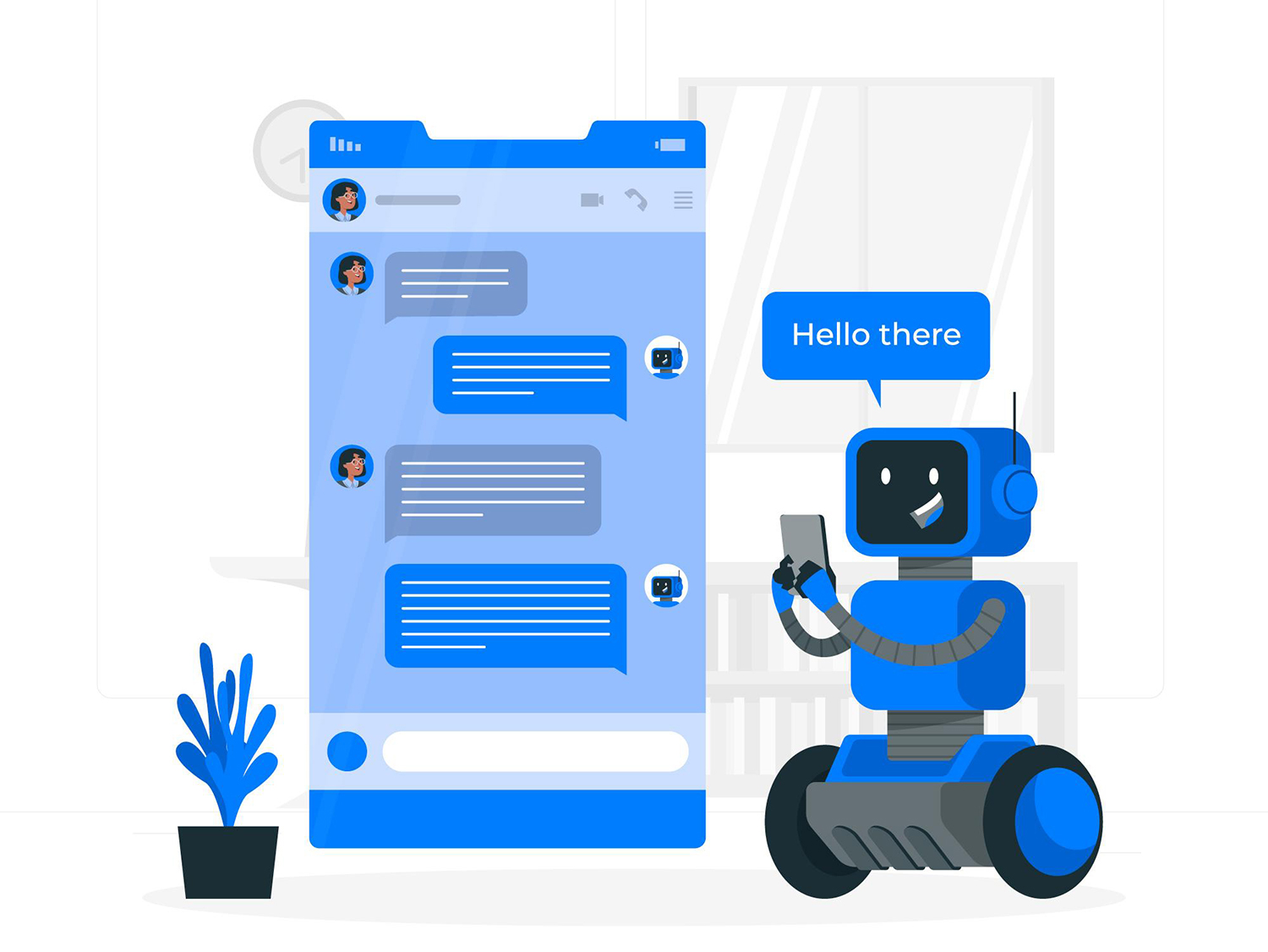The Illinois Assistant
Description, Data Use, and FAQs
The Illinois Assistant is a new service currently being developed in the Illinois app. This document answers questions about the design and operation of the service, and the handling of user data.
Description
The Illinois Assistant is an advanced search tool created for the Illinois app to respond to questions specifically related to the University of Illinois Urbana-Champaign. Utilizing the GPT-4 large language model (LLM), the Illinois Assistant offers answers based on public information on the illinois.edu domain and other affiliated, trusted websites. Future versions might include different LLMs or our own pre-trained models.
The Illinois Assistant answers questions related to academic and social life on campus. Users have a limited number of questions they can ask per day.
The Illinois Assistant is designed to serve the needs of the university community while protecting user privacy and data integrity.
Who Can Use the Illinois Assistant?
Users must log in to the Illinois app using their university NetID and set the privacy level at 4 or 5. With privacy level 5, answers may be personalized by taking into account information about the user such as their college, department, and year in school. (See the section “How Are Data Used in Personalized Responses?” below.)
How Are Data from Questions and Answers Stored?
When a user consents to use the Illinois Assistant, questions, answers, and user reviews of the response are saved and evaluated by university technical staff to enhance the tool’s performance. These records are stored within the Rokwire ecosystem on Amazon Web Services servers and may be retained indefinitely. User inputs in Illinois Assistant are not deleted when a user selects “Delete My Account.”
What Data Were Used to Fine-Tune the LLM?
The Illinois Assistant has been fine-tuned to provide answers based on public information collected from web pages on the illinois.edu domain (and other select domains, such as uillinois.edu, mtd.org), along with data already provided in the Illinois app, such as information in Events, the Map feature, residence hall menus and schedules, and Illini Athletics.
The Illinois Assistant does not extract data from websites requiring direct user sign-in, such as Banner or myIllini.
How Are Data Used in Personalized Responses?
When a user’s privacy level is set to 5, and they are signed in to the app with their NetID, the Illinois Assistant may include some de-identified user information to create personalized responses. Currently, only the user’s college, department, and year in school are included in the prompt. The Illinois Assistant will not use any personally identifiable information such as a user’s name, phone number, address, or UIN.
Data Safeguards
To address potential vulnerabilities, the design of the Illinois Assistant includes several protective measures:
- Restricting access to consenting users with appropriate privacy settings.
- Sharing only limited de-identified user information in order to generate personalized responses.
- Constraining responses to information collected from official University of Illinois sites and information already contained in the Illinois app, such as in the Events feature, Illini Athletics, residence hall dining menus and schedules, etc.
- Adding attribution with each response through links to campus websites for verification and elaboration.
- Fine-tuning the model to prevent responses to inappropriate or harmful questions. (See the section “Questions the Illinois Assistant Won’t Answer.”)
- Preventing ongoing conversation with the Illinois Assistant. Each question submitted to the Illinois Assistant is isolated and answered without reference to previous questions and answers in a session. Each answer starts in a fresh context.
Questions the Illinois Assistant Won’t Answer
The Illinois Assistant does not provide answers on topics of inappropriate or harmful content. Here is an incomplete list of types of questions that the Illinois Assistant will not answer.
- Racist or discriminatory content: Questions that promote racism, discrimination, or bias against any individual or group.
- Sexist or offensive content: Questions that contain sexist or offensive language targeting any gender or gender identity.
- Political or partisan content: Questions that seek to promote specific political agendas or target political groups.
- Violent or harmful content: Questions that encourage violence, harm, or illegal activities.
- Sensitive personal information: Questions that ask for confidential or personally identifiable information, such as social security numbers, passwords, etc.
- Malicious or harmful instructions: Questions seeking guidance on hacking, harmful pranks, or any form of cyberbullying.
- Medical or legal advice: Questions seeking medical or legal advice, as the Illinois Assistant is not a substitute for professional consultation.
- Infringing content: Questions asking for copyrighted materials, pirated software, or any other form of intellectual property infringement.
- Financial or investment advice: Questions seeking financial or investment advice, as the Illinois Assistant is not a certified financial advisor.
- Inappropriate or sexually explicit content: Questions containing sexually explicit language, adult content, or any content not suitable for a university environment.
User Guidelines for Using the Illinois Assistant
Users should avoid including confidential information in question inputs, such as personal names, social security numbers, or any other information that is considered to be protected information.
- The Illinois Assistant is offered for use with public information only, as defined in our data classification chart. Internal, sensitive, and high-risk data should not be entered into the Illinois Assistant.
- Do not include sensitive information about yourself or others in questions.
- Respect copyright and intellectual property protections.
- Additional information on protecting privacy with generative AI tools is available at the University Privacy and Cybersecurity Group’s Privacy Considerations for Generative AI.

